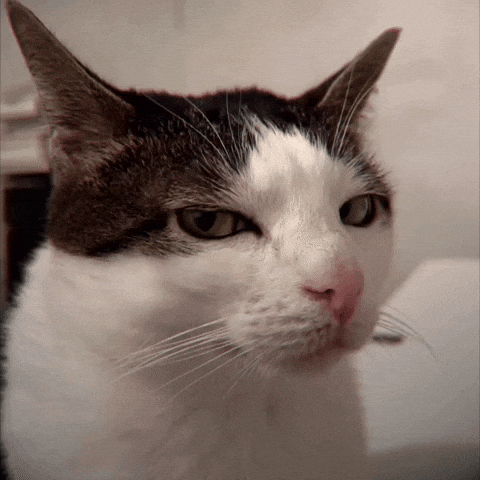
Title: Judge Sides with Meta in Antitrust Trial, Rejects FTC’s Claim to Spin Off Instagram and WhatsApp In a significant ruling that has far-reaching implications for the tech industry, U.S. District Judge James Boasberg sided with Facebook (now known as Meta) in an antitrust lawsuit brought by the Federal Trade Commission (FTC). The FTC had accused Meta of stifling competition and bolstering a monopoly through its acquisitions of Instagram and WhatsApp, claiming that it overpaid for both platforms to eliminate rivals. The case marked one of the most significant legal challenges faced by “big tech” companies on antitrust grounds, with similar suits targeting Meta, Google, Amazon, and Apple. The FTC argued that Meta’s acquisitions were part of a “buy or bury” strategy to eliminate competitors in social networking. It called for Meta to be broken up, with Instagram and WhatsApp spun off as separate companies to give rivals more room to compete and users more choices. However, Judge Boasberg disagreed with the FTC’s argument, stating that it had not demonstrated that Meta held a monopoly in social media. He also noted that the landscape of personal social networking has changed significantly since Meta acquired Instagram and WhatsApp, giving rise to new competitors like YouTube and seeing established players like Facebook adapt their strategies accordingly. This ruling is significant because it sets a precedent for how antitrust cases will be handled in the tech industry moving forward. It suggests that simply claiming a company holds a monopoly may not be enough to prove anti-competitive behavior, especially when the market landscape continues to evolve rapidly. Furthermore, this decision highlights the importance of considering historical context and current trends within an industry before making sweeping claims about alleged monopolies or unfair practices. From my perspective, while it’s essential to ensure fair competition in any sector, including tech, we must also recognize that industries are constantly changing due to technological advancements and shifting consumer preferences. In the case of Meta, their acquisitions of Instagram and WhatsApp may have been strategic moves at the time but do not necessarily equate to anti-competitive behavior if they ultimately led to innovation and growth within the industry. In conclusion, Judge Boasberg’s decision serves as a reminder that antitrust cases should be carefully examined in light of current market conditions and historical context. It also underscores the need for regulators and businesses alike to adapt their strategies to keep pace with rapid technological change and evolving consumer preferences.
Source: [Original Article](https://www.npr.org/2025/11/18/nx-s1-5495626/meta-ftc-instagram-whatsapp-antitrust-ruling)
#judge
Check out my AI projects on Hugging Face, join our community on Discord, and explore my services at GhostAI!
